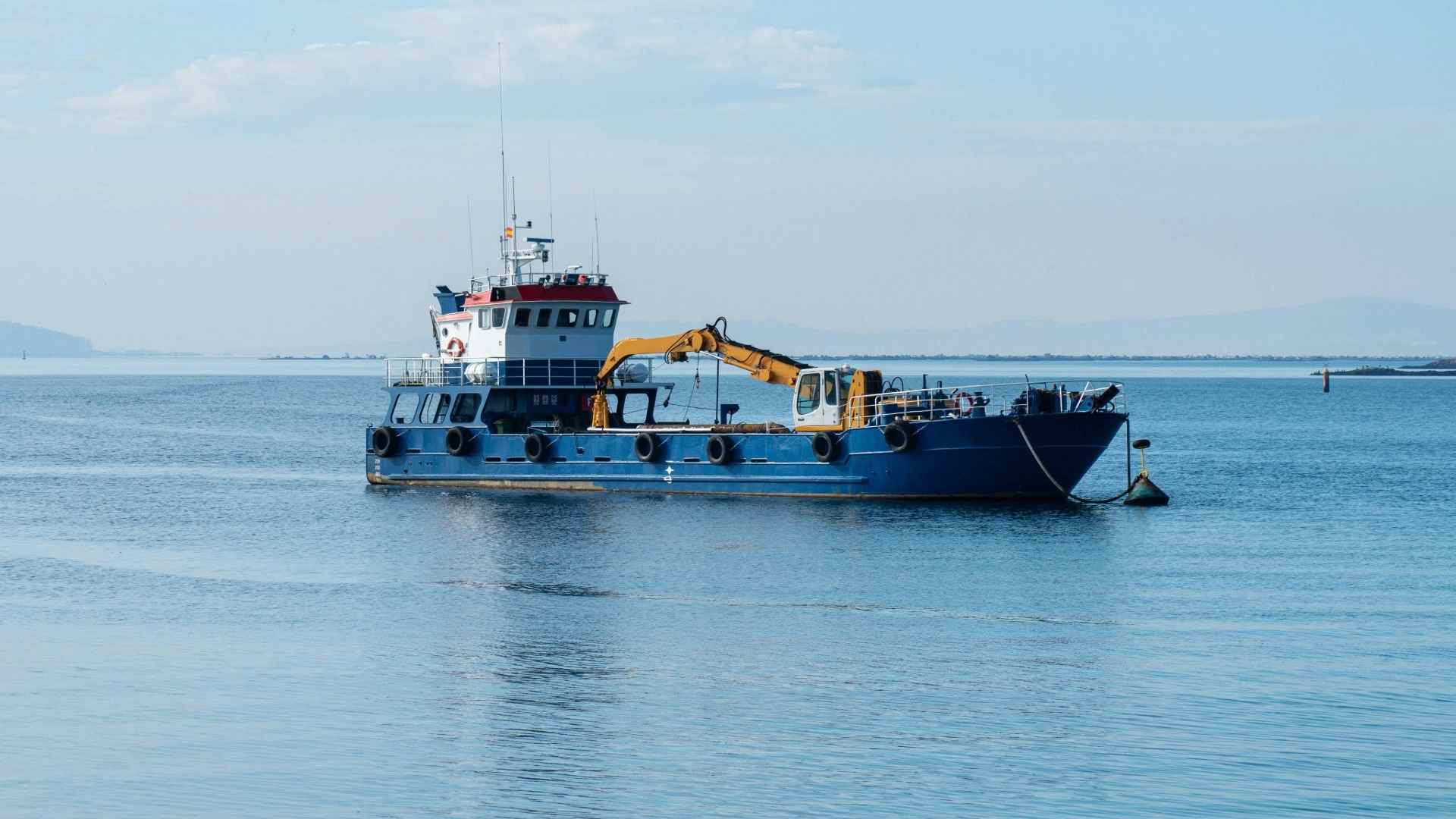Introduction
The Mid West Ports Authority (MWPA) is set to commence a harbor dredging project at Geraldton’s Fishing Boat Harbor (FBH) later this August. This routine maintenance effort aims to remove naturally accumulated sediment from the harbor basin, ensuring safe vessel access and supporting the continued growth of commercial, tourism, and recreational activities in the region.
Fishing Boat Harbor is a vital hub for Geraldton’s marine economy, serving a wide range of users—from commercial fishing vessels and charter operators to recreational boaters and tourism services. Over time, sediment naturally builds up in the harbor, reducing water depth and making navigation more challenging. Left unchecked, this sedimentation can compromise vessel safety, limit harbor operations, and restrict the economic potential of the waterfront.
Why Dredging is Essential for Geraldton’s Harbor
Dredging plays a crucial role in maintaining navigable waterways and ensuring the safe and efficient movement of vessels. In harbors like Geraldton’s FBH, tidal movements, storms, and natural currents deposit sand and silt into the basin. While this process is natural, it can significantly impact maritime operations.
Without regular harbor dredging, vessels risk grounding, commercial fishing activities can be delayed, and tourism operators may find it harder to access berths during peak visitor seasons. For Geraldton, where the Fishing Boat Harbor supports not only local livelihoods but also the broader tourism sector, ensuring optimal water depth is a top priority.
MWPA’s maintenance dredging program is designed to address these challenges proactively. By removing excess sediment, the harbor will remain accessible to vessels of varying sizes, improving operational safety and preserving the harbor’s role as a central maritime hub.
Project Timeline and Key Details
The dredging works will begin in late August and are expected to be completed in stages, with careful planning to minimize disruption to harbor users and the community. As part of the preparation, MWPA will close the reclaim exterior road from 18–24 August to allow for the safe installation of dredging pipes.
The dredging itself will target areas of the Fishing Boat Harbor where sedimentation has most reduced depth. Specialized dredging equipment will be deployed to remove the material efficiently while adhering to environmental guidelines to protect local marine habitats.
Beneficial Use of Dredged Sand
One of the highlights of this project is MWPA’s commitment to repurposing dredged material for environmental and community benefit. The sand removed from Geraldton’s Fishing Boat Harbor will be temporarily stored on Pages Beach before being transported in stages to nourish designated beaches along the coast.
Beach nourishment is an effective coastal protection strategy that helps combat erosion, improve shoreline stability, and enhance recreational spaces for residents and visitors alike. By using the dredged sand in this way, MWPA is ensuring that the material removed from the harbor is put to positive use, supporting long-term coastal resilience.
Managing Community Impact
While the project will bring significant long-term benefits, MWPA is taking steps to manage any short-term impacts on the community. Transport routes and schedules for moving dredged sand will be carefully coordinated to reduce traffic disruption.
Access to a section of Pages Beach will be restricted during certain phases of the work to ensure public safety. MWPA will provide timely updates to keep the community informed of project milestones, traffic changes, and beach access conditions.
Economic and Tourism Benefits
Regular harbor dredging is not just a matter of safety—it’s also a driver of economic growth. Geraldton’s Fishing Boat Harbor is a critical gateway for commercial fishing operations, which supply fresh seafood to local markets and beyond. The harbor also serves as a base for tourism ventures, including charter fishing, whale watching, and coastal sightseeing tours.
By ensuring vessels can enter and exit the harbor without difficulty, dredging supports these industries’ smooth operation, protects jobs, and boosts Geraldton’s reputation as a welcoming destination for visitors arriving by sea. Recreational boaters also benefit from safer navigation, encouraging more people to engage in marine leisure activities that contribute to the local economy.
Environmental Considerations
Harbor dredging must be conducted with care to protect the surrounding marine environment. MWPA follows strict environmental management protocols, including monitoring water quality and avoiding unnecessary disturbance to sensitive habitats.
Sediment testing ensures that the dredged material is safe for reuse in beach nourishment, while careful placement of sand on Pages Beach helps prevent negative impacts on marine life. These measures align with MWPA’s commitment to balancing operational needs with environmental stewardship.
Looking Ahead
The upcoming maintenance dredging project at Geraldton’s Fishing Boat Harbor reflects MWPA’s ongoing dedication to keeping the port facilities safe, efficient, and sustainable. By combining navigational improvements with coastal protection efforts, the initiative will deliver benefits that extend beyond the harbor itself.
As the project gets underway, the Geraldton community can look forward to safer vessel access, enhanced beaches, and a strengthened local economy—proof that well-planned dredging projects can serve both practical and environmental goals.
